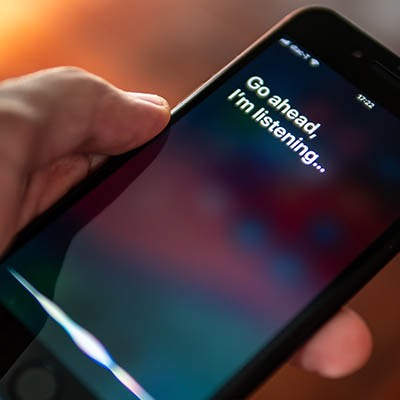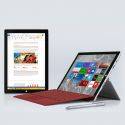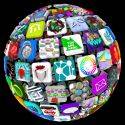It’s no secret that Google has a monopoly on the search engine market, but have you ever wondered how it maintains this stranglehold when other equally capable competitors, like Apple, could produce similar products? Well, it’s not as simple as you might think, and it even involves a considerable amount of funds that influence Apple’s decision.
Computerware Blog
With personal privacy being a major public topic, Apple decided to give users more control over their data.
Back in July, Apple had admitted that it was holding and listening to recordings of iOS users who use Siri. This wasn’t much of a surprise, since we know that Amazon and Google do the same with their digital assistants. Apple now lets you delete the conversations you’ve had with Siri.
Sometimes threats come to light only after they’ve been around for long enough to cause concern for the public. This was the case with a new bug found in Apple’s FaceTime app that allowed users to spy on others without their consent through group FaceTime calls. Thankfully, a patch has been issued that resolves it, but perhaps the way that it was implemented is the most interesting of all.
With so many options that don’t cost $800, the Android mobile OS gains more customers every day. If you were a dedicated iPhone user that is looking to switch to Android, you have to be cognizant of the things you will need to ensure that you are able to transfer the information you need, and be able to seamlessly pick up your new device without missing a beat. Here are some issues you should consider:














